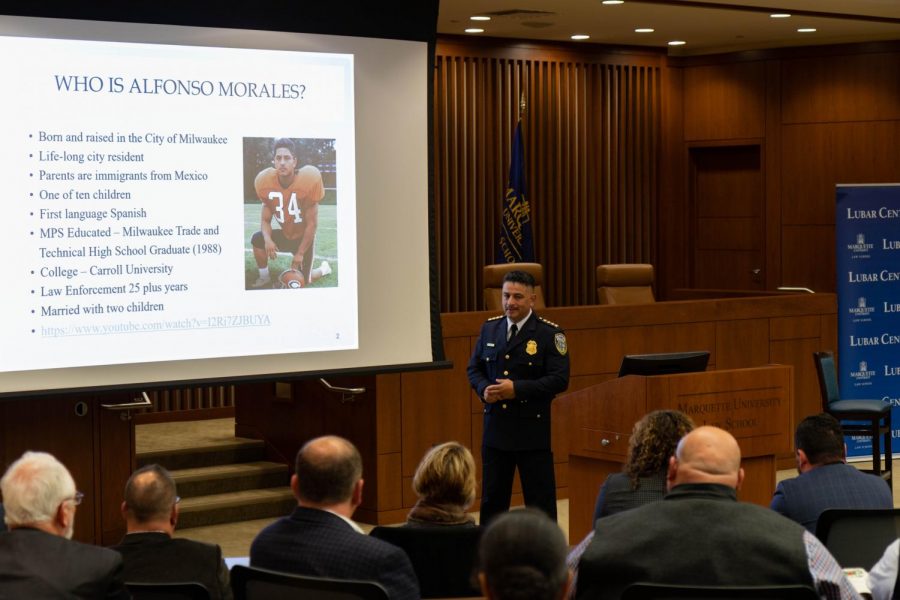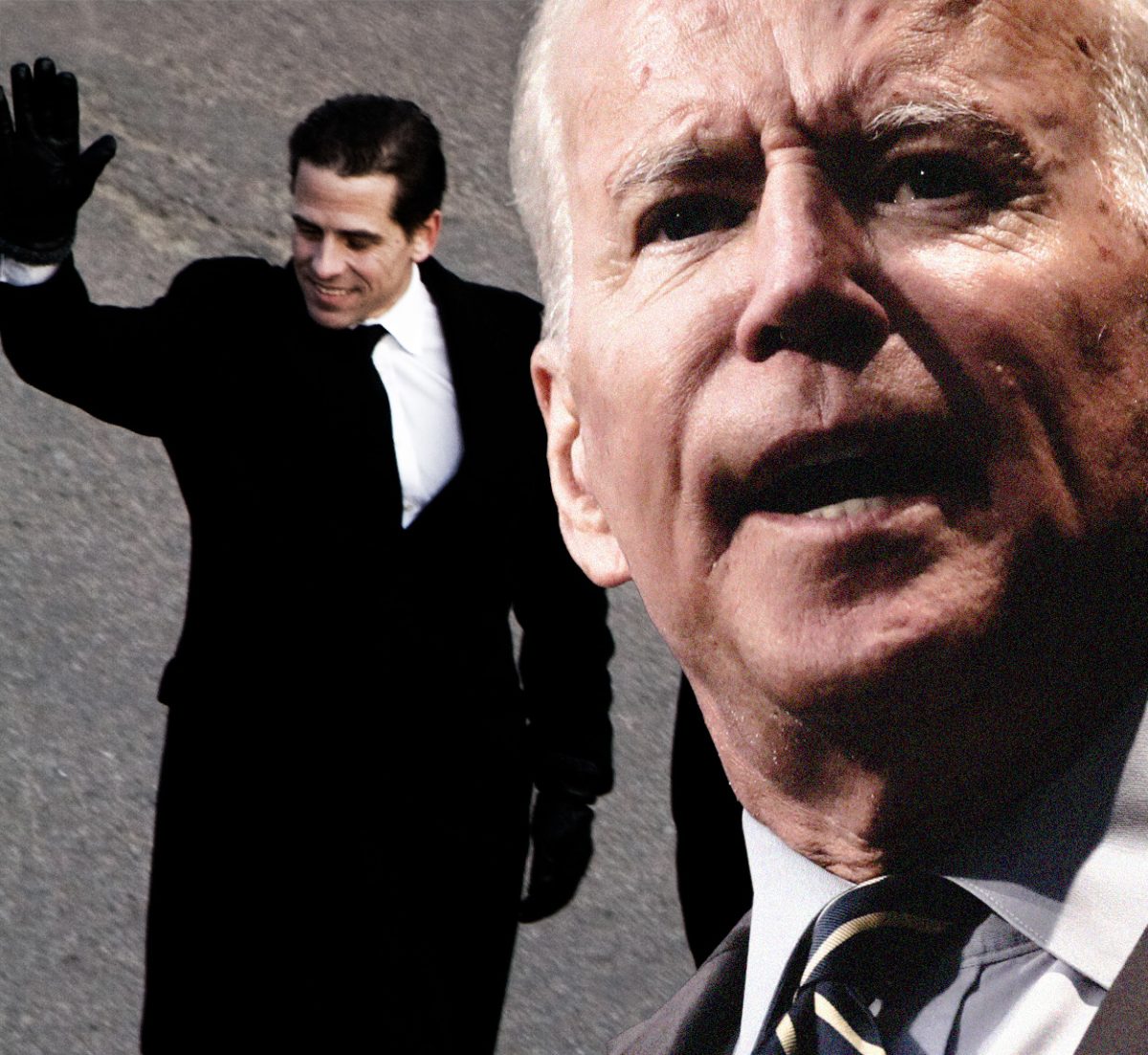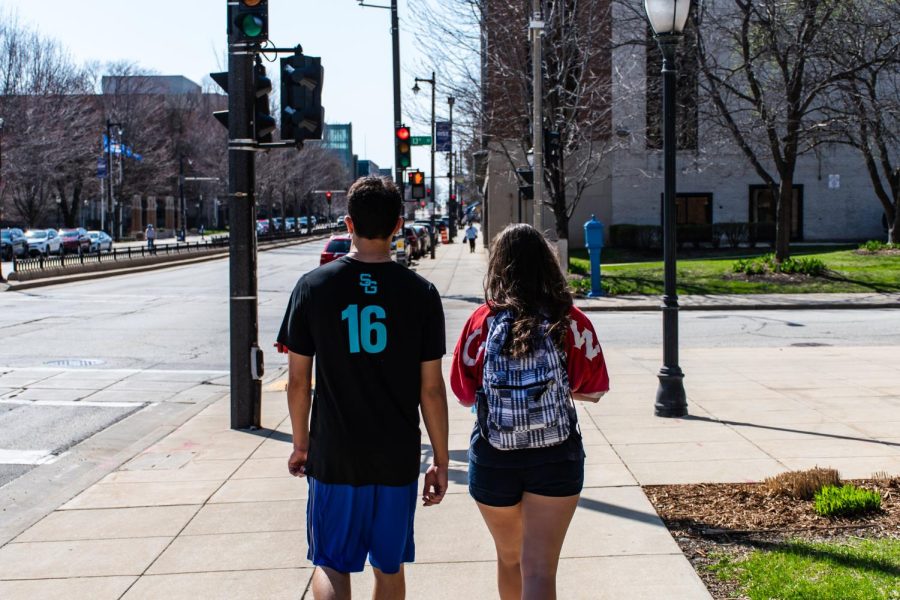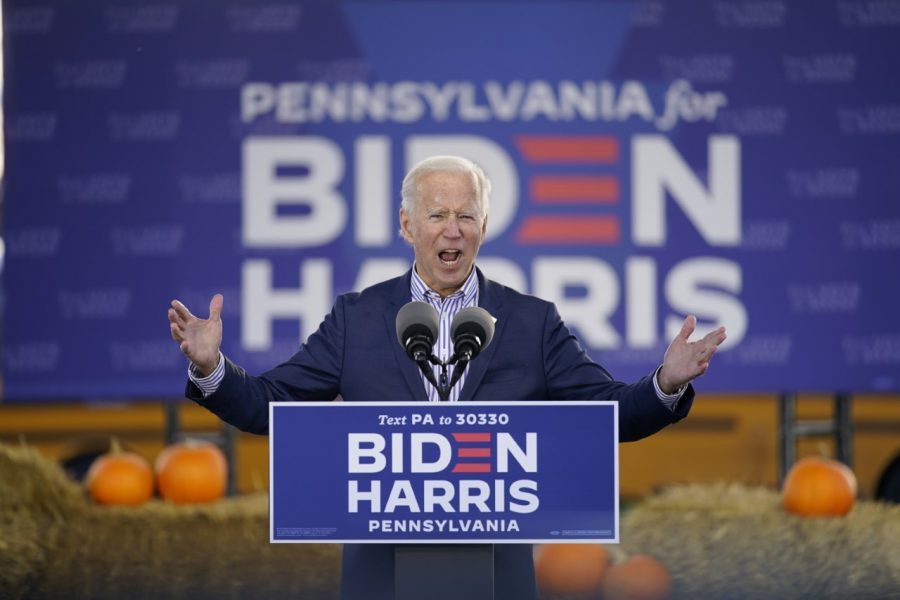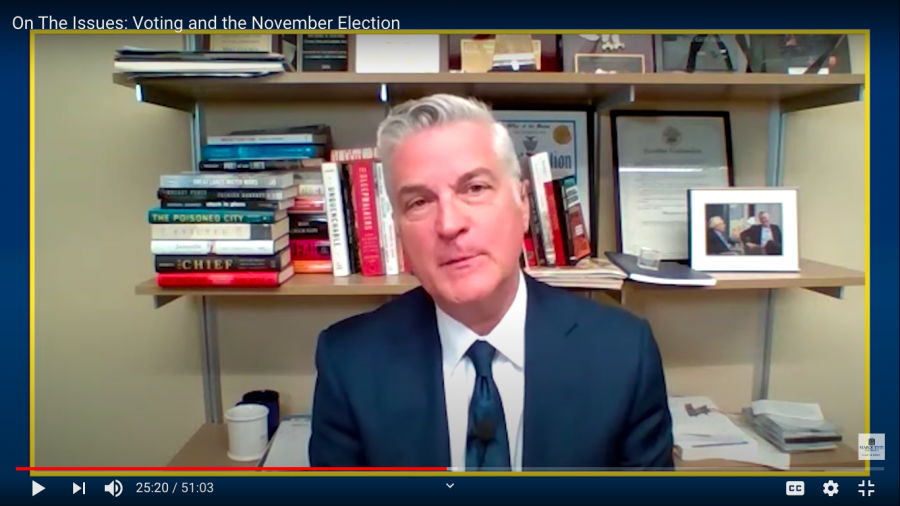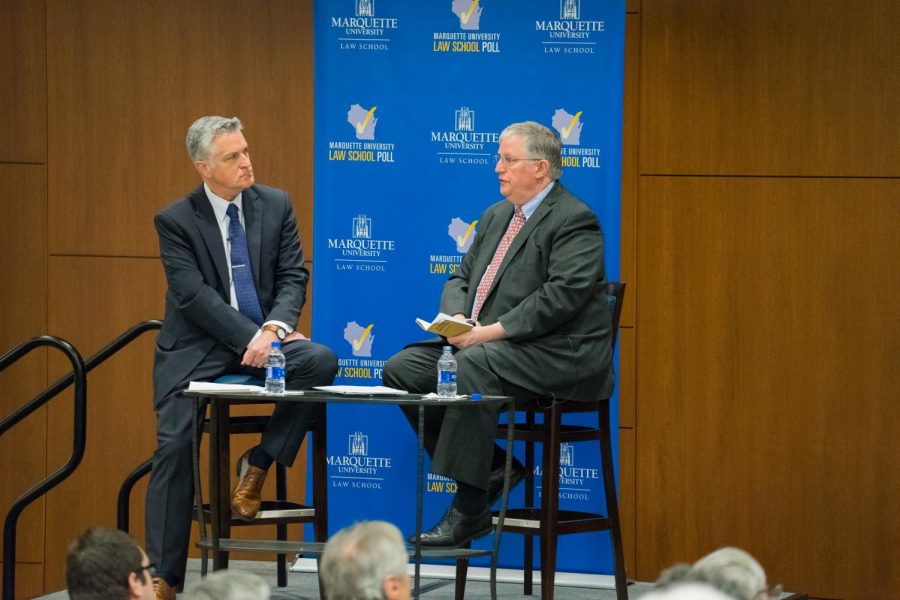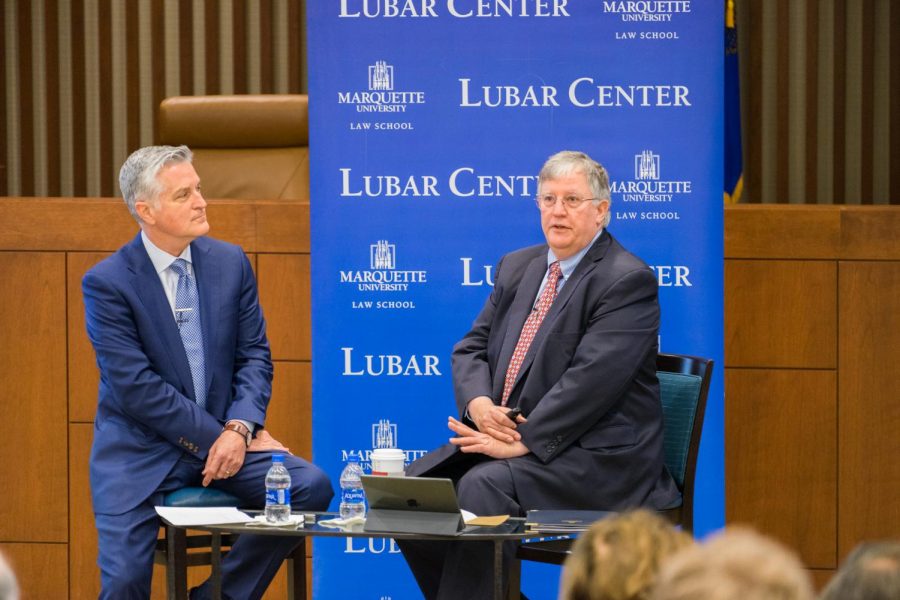“I want to be the police chief because I feel I owe something to this community in return for everything it’s given me,” Milwaukee Police Department Chief Alfonso Morales said to a crowd of nearly a hundred people in Eckstein Hall’s Lubar Center.
The chief was a guest of the local interview series “On the Issues with Mike Gousha” Oct. 30 After the interview, the segment allowed the public a chance to voice concerns regarding law enforcement and crime in the city.
Morales, who was appointed following the retirement of the former chief of 1o years Edward Flynn in early 2018, faces reappointment in 2020. Although he has only held the position for roughly 19 months, in this short tenure there, there have been changes in the city regarding law enforcement and crime.
According to statistics provided by Morales during his presentation and interview, from 2017 to 2019 homicides, robberies, and auto thefts have decreased by 14%, 33%, and 39%, respectively.
Morales said these results were the reflection of “a lot of hard work” and a series of initiatives implemented in recent years.
Violent crime in total has fallen 15% over this period with the only notable increase in Part I crime being rape, which Morales said was the result of a reclassification of the crime itself. Part I crimes include murder, manslaughter, sex offenses, robbery, aggravated assault, burglary, motor vehicle theft and arson.
In 2013, the FBI revised the definition of rape to include additional forms of penetration of a victim’s body. However, this expanded definition was not used when recording rape data until 2017.
In an effort to make MPD more effective and improve community relations, Morales said he has strived for greater transparency between the public and the department. In October, MPD implemented a public interactive database comprised of the relevant statistics of eight major crime categories along with maps and charts that can be accessed via the internet. It shows rates of various crimes as well as an incident map, among other features.
Morales said he has improved MPD’s relations with public officials and county law enforcement by providing weekly crime data to city representatives, including the mayor and aldermen, as well as maintaining regular updates with the Milwaukee County Sheriff’s Office.
During his time as chief, Morales said he has placed greater emphasis on MPD’s relationship with neighborhoods frequented by crime like the Metcalfe Park, North Division, Garden Homes and Park West neighborhoods, which have seen some of the highest violent crime rates in the city over recent years.
Forty-six percent of gun violence occurs within 14 of Milwaukee’s 190 neighborhoods, Morales said. He said it was of great importance to counter the “community of mistrust” prevalent in these areas by partnering with local nonprofits and faith based groups dedicated to the well-being of these communities. As of right now, Morales said such neighborhoods have little confidence in the police department, leading to fewer people cooperating with and contacting law enforcement.
Despite what the chief outlined as his achievements, some members of the audience disapproved of Morales’ leadership.
At the “On the Issues” interview, Gissell Vera, a freshman in the College of Business Administration at Marquette, criticized MPD’s cooperation with U.S. Immigration and Customs Enforcement authorities in reference to a recent incident.
In late September, Jose De La Cruz Espinosa, an undocumented man living on Milwaukee’s South Side, was arrested in front of his wife and children by law enforcement. MPD assisted in this arrest after the department adhered to the request of ICE to do so. Morales said Espinosa’s arrest was the result of a preexisting warrant rather than his immigration status.
Morales also pointed to Espinosa’s criminal history, which includes firearms possession, delivery of a controlled substance, obstruction and battery.
“In order to build the trust (the chief) wants to establish, the Milwaukee Police Department has to stand with the community, and that community is right now being endangered by the department’s cooperation with ICE,” Vera said. “It’s concerning to me.”
Vera is a community organizer affiliated with Voces de la Frontera, a nonprofit group devoted to protecting and expanding immigration civil rights. Following the controversial arrest of Espinosa, the group was active in protest of the actions taken by MPD in addition to Milwaukee’s Standard Operating Procedure on Immigration, or SOP-130.
The group argues the language presented in the policy is not strong enough to fully discourage collaboration between local law enforcement and ICE authorities as it does not possess due process protections for undocumented individuals in question. Passing adequate reform to SOP-130, according to Voces de la Frontera’s website, would “affirm Milwaukee is a welcoming community that values the contributions immigrants make to our city and state.”
In recent months, Milwaukee Mayor Tom Barrett has praised Morales for the lower crime rates in the city and expressed no interest in appointing a new chief, although Barrett has until January to choose whether to extend Morales’ contract.

